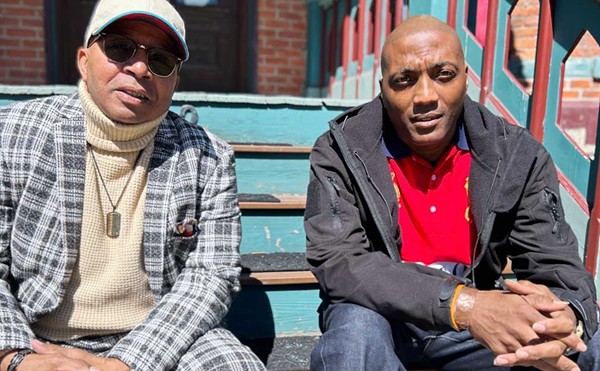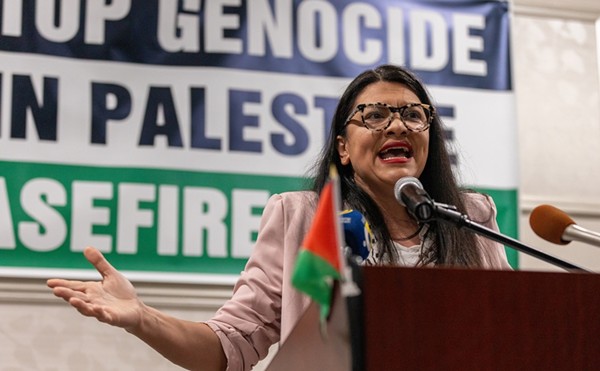Last week marked the fifth time that the local group ACCESS hosted a national conference highlighting health issues in the Arab-American community.
Judging from the attendance and the breadth of topics at the Dearborn Inn, we'd say the event also highlighted the extent to which ACCESS has gained the attention of the entire Arab world.
With a $17.5 million budget in 2007, ACCESS (Arab Community Center for Economic and Social Services) provides medical care, social services, employment training and family counseling, and supports the Arab American National Museum. About 70 percent of ACCESS clients are Arab-American, and most have incomes less than $20,000.
At the group's first health conference a decade ago, only about 40 people showed up. Over the course of two days they mostly talked about diabetes, a disease that a disproportionately high number of people of Arab descent have, and mental health, a topic barely addressed in the Middle East or among Arab-American populations at the time, says Hassan Jaber, executive director of ACCESS.
Last week, about 450 people from all over the world spent four days in Dearborn covering dozens of topics. Full-day sessions were dedicated to HIV and AIDS, domestic violence, mental health and cancer — all somewhat "taboo" discussions in more traditional Middle Eastern culture.
"Things are moving forward," Jaber says. "There is a positive role we can play with the relationship between the United States and the people of the United States and the Arab World and the people of the Arab World."
Mona Amer, an assistant professor of psychology at American University in Cairo, was a graduate student in Toledo when she attended previous conferences. "It's great to see how it's grown and flourished," she says. And the gathering meets a need for information, research, collaboration and networking for people who work with Arab populations anywhere in the world and can't find enough or appropriate information, research, studies and recommendations.
Rawan Arar, a graduate student in women's and gender studies at the University of Texas, says the conference helped her gain some contacts in the Middle East and some ideas for the thesis research she'll do there next year.
"It was an incredible conference," she says. "In Texas, I just don't have this. It's been eye-opening."
News Hits is edited by Curt Guyette. Contact him at 313-202-8004 or [email protected]




